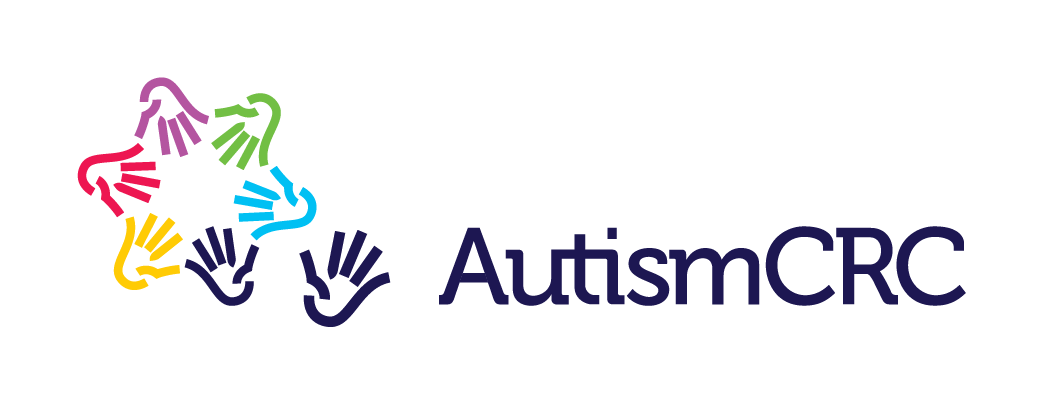About
About
myWAY Employability is a web platform designed to help autistic people shape their future. Recognising that over a third of autistic individuals are unemployed and only a quarter graduate from university or vocational training, myWAY offers a tailored approach, creating individual profiles matched to relevant career, education, and training information.
The platform encourages users to break their dreams into achievable goals and tasks, providing a roadmap to career success.
Research
The platform is built on six years of research and evaluation, stemming from the Better OutcOmes and Successful Transitions for Autism (BOOST-A) program, a digital tool helping autistic young people plan post-school activities. Students using BOOST-A reported heightened self-determination in achieving their study, training, and employment goals compared to those using generic school-based transition planning processes.
Design
myWAY Employability was co-designed with autistic young people, utilising a human-centered design approach to understand their needs and preferences. Over 220 stakeholders, including young people, parents, health professionals, and educators, participated in the platform's discovery phase, with a further 90 autistic young people contributing to its co-design and development.
The Autism CRC established a Neurodiverse Youth Advisory Group (NYAG) to guide the website's engagement elements, content, and user expectations
Acknowledgments
myWAY Employability was developed in consultation with autistic young people, and their supporters, parents, allied health professionals, researchers, disability service providers and educators from around Australia, and was proudly supported by Telstra Foundation under the Tech4Good Challenge initiative.
The Better OutcOmes and Successful Transitions for Autism (BOOST-A) program, included the work of Autism CRC PhD Scholar, Dr Megan Hatfield (Curtin University), and her supervisors Associate Professor Marina Ciccarelli, the late Emeritus Professor Sylvia Rodger AM, Dr Marita Falkmer and Professor Torbjorn Falkmer.
The design and development of myWAY Employability was led by Associate Professor Marina Ciccarelli (Curtin University), Cheryl Mangan (Autism CRC), Brendan James (Autism CRC), Adie Wilmot (Curtin University) and Alex Creece (Autism CRC Future Leader alumni).
We would particularly like to acknowledge the support of Neurodiverse Youth Advisory Group members. Thanks also to our technology development partner The Project Factory, and research partner CSIRO e-health Institute. We would also like to acknowledge Autism Spectrum Australia (Aspect) and the Queensland Department of Education (Autism Hub) for their ongoing support.
Our sincere thanks to the many hundreds of young people, parents, professionals and organisations who have been part of the myWAY Employability journey.
References
Better OutcOmes and Successful Transitions for Autism (BOOST-A)
Career explorer
Visual Analogue Scale adapted from:
Sung, Y. T., Cheng, Y.-W., & Jeng-Shin, W. (2016). Constructing a situation-based career interest assessment for junior high school students and examining their interest structure. Journal of Career Assessment, 24(2), 347-365. doi:10.1177/1069072715580419
Sung, Y. T., & Jeng-Shin, W. (2018). The Visual Analogue Scale for rating, ranking and paired-comparison (VAS-RRP): A new technique for psychological measurement. Behavior Research Methods, 50(4), 1694-1715. doi:10.3758/s13428-018-1041-8.
These articles are distributed under the terms of the Creative Commons Attribution 4.0 International License, which permits unrestricted use, distribution, and reproduction in any medium, provided you give appropriate credit to the original author(s) and the source, provide a link to the Creative Commons license, and indicate if changes were made.
Vocational personalities and work environments
Adapted from John Holland’s (1973, 1997) theory of vocational personalities and work environments:
Holland, J. L. (1973). Making vocational choices. Englewood Cliffs, NJ: Prentice-Hall.
Holland, J. L. (1997). Making vocational choices: A theory of vocational personalities and work environments (3rd ed.). Odessa, FL: Psychological Assessment Resources.
Job information:
Futures: 2019 Undergraduate Course Guide. Perth, Australia. Edith Cowan University.
2019 Undergraduate Course Guide. Perth, Australia. Murdoch University.
Job information adapted with permission from Australian Bureau of Statistics and Stats New Zealand: 122.0 ANZCO v.1.3 (2013). Additional job information from Australian Jobs 2019 and O*Net OnLine.

